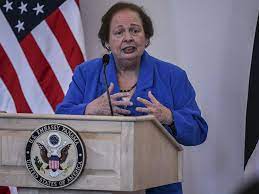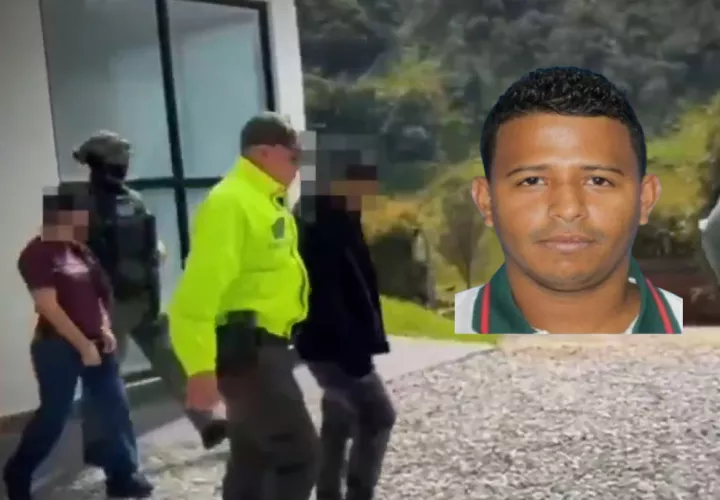Speculation over indictment heading for Panama

The British writer of spy novels Ian Fleming, put one of his classic characters to say that: “once is a coincidence, twice is chance and three is the action of the enemy,” writes Rodrigo Noriega in La Prensa
The coincidence of this story occurred on January 25 when the brothers Ricardo Alberto and Luis Enrique Martinelli Linares returned to the country, after their stay in a prison in the United States. The two brothers were detained between July 6, 2020 first in Guatemala; and on January 25, 2023 in the United States. That is, they spent 2 years, 6 months, and 19 days deprived of liberty.
The night of their return, they received the news that United States Secretary of State Antony Blinken had designated their father, former President Ricardo Martinelli Berrocal, as the fifth former Latin American president on the corrupt naming list.
On February 27, the former president formalized his aspiration to be elected presidential candidate in the internal elections of the Realizing Goals party, programs for June 4.
The coincidence of this story came faster than the word Odebrecht, when that same day, the current ambassador of the United States in Panama, Mari Carmen Aponte reiterated in two television interviews -with the journalist Sabrina Bacal of TVN and the journalist Atenógenes Rodríguez of Telemetro, respectively – what the United States thought of the former president.
Words like “bribery”, “public procurement” and “money laundering” were the context of the statements by the senior official. The diplomat was very respectful of the self-determination of the Panamanian people and said that they will work with whoever was elected president of Panama.
Panamanians being as credulous as we are, this suggests that on Sunday, June 4, the day of the internal election of the Realizando Metas party, we can expect another message.
To give a margin of action, let’s say that another statement may come 48 hours before or after June 4.
Let’s understand the importance of what is happening. On January 25, Secretary Blinken designated the acting Vice President of the Republic of Paraguay, Hugo Velázquez, as “corrupt”; as well as former president Horacio Cartes, who entered the corrupt list last July, and now ended up on the OFAC list, or rather the Clinton list, that same night.
Paraguayan society expressed itself firmly and the majority of political parties together with business and civil society leaders called for forceful action from the Paraguayan justice system and the immediate resignation of the vice president.
In Panama, on the other hand, Blinken’s message came and went between possible electoral agreements, unmentionable pacts in the National Assembly, and a disgusting little regard from the political class and business leaders of this country. As if that were not with us.
Given the obvious bad note that the lack of awareness of Panamanians regarding the integrity of the government of our country and the lack of national commotion due to what obviously seems an overdose of judicial and political impunity, it is clear that the next act of this tragedy is going to be much more forceful than a list, and much blunter than an interview.
Will the United States repeat the path of Horacio Cartes in Panama? That is, will the inclusion of a Panamanian and his companies on the Clinton list be announced in the near future? I think that the United States government is very sensitive to the economic reality of Panama, the most direct message available takes us back to the Odebrecht case in New York.
Remember that the 2 convicted young Panamanian businessmen were part of a “conspiracy”. There are other co-defendants in a sealed prosecution, an “indictment” that awaits to be opened on any given day.
For those who are concerned about the impossibility of extraditing a Panamanian citizen to another country, due to what happened in 1989, Panamanian history records that a citizen of this country could be extradited to the United States by unorthodox methods.





